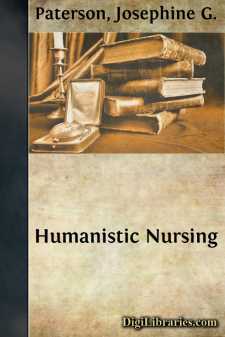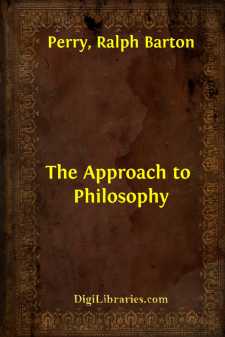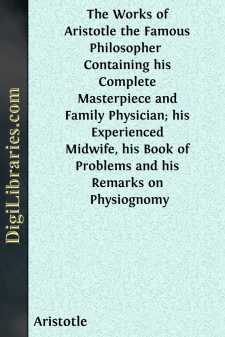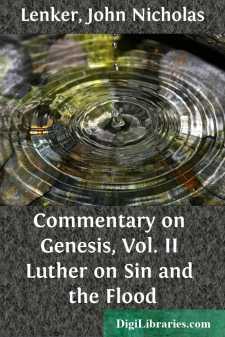Categories
- Antiques & Collectibles 13
- Architecture 36
- Art 48
- Bibles 22
- Biography & Autobiography 816
- Body, Mind & Spirit 145
- Business & Economics 28
- Children's Books 18
- Children's Fiction 14
- Computers 4
- Cooking 94
- Crafts & Hobbies 4
- Drama 346
- Education 58
- Family & Relationships 59
- Fiction 11834
- Foreign Language Study 3
- Games 19
- Gardening 17
- Health & Fitness 34
- History 1378
- House & Home 1
- Humor 147
- Juvenile Fiction 1873
- Juvenile Nonfiction 202
- Language Arts & Disciplines 89
- Law 16
- Literary Collections 686
- Literary Criticism 179
- Mathematics 13
- Medical 41
- Music 40
- Nature 179
- Non-Classifiable 1768
- Performing Arts 7
- Periodicals 1453
- Philosophy 66
- Photography 2
- Poetry 897
- Political Science 203
- Psychology 45
- Reference 154
- Religion 516
- Science 126
- Self-Help 86
- Social Science 82
- Sports & Recreation 34
- Study Aids 3
- Technology & Engineering 59
- Transportation 23
- Travel 463
- True Crime 29
Our website is made possible by displaying online advertisements to our visitors.
Please consider supporting us by disabling your ad blocker.
Humanistic Nursing
Categories:
Description:
Excerpt
Out of necessity nursing, as a profession, reflects the qualities of the culture in which it exists. In our culture for the past quarter of a century nursing has been assailed with rapid economic, technological, shortage- abundance, changing scenes' vicissitudes. In the individual nurse these arouse turmoil and uncertainty. These cultural stirrings inflame that part of the nurse's spirit capable of chaotic conflict and doubt. Often she questions her professional identity. ''Just what is a nurse?" Her nurse colleagues, other professionals, and nonprofessionals freely, directly and indirectly-on television, in the theater, through the news media and the literature-pummel her with their multitudinous varied views.
As searching, wondering, reflecting, relating microcosms within this perplexing health nursing world for longer than a quarter of a century, we present this book. Descriptively we view the chapters as hard-wrung, philosophical foundations, synthesized extracts from our lived experiences. These metatheoretical essays on practice present an existential alternative approach for a professional nurse's knowing and becoming.
These conceptualized existents are available because Miss Marguerite L. Burt, formerly Chief of Nursing Service, Northport, N.Y. Veterans Administration Hospital called them forth from us. These chapters are our response to her call. In 1972 Miss Burt requested us to develop a course for the professional nursing staff at Northport V.A.H. This book has evolved from the original presentations offered to the ten participants in the first course. While we taught and worked with five subsequent groups, we learned and continually revised and clarified our conceptualizations. The course is entitled Humanistic Nursing.
Fifty-three nurses have been involved in this course. Interest, appreciation, wonderment, effort, and investment characteristically depict their response. They convey that the humanistic nursing practice theory reflects what nursing means to them. Their hungry approach to the suggested readings has both surprised and pleased us. Our amazement persists over the participants' ability to concentratedly discuss abstract theory and concrete nursing practice for weekly day-long sessions over six-to nine-month periods. Presently requests to participate in the next humanistic nursing course are mounting from nurses both within and outside the Northport complex.
The course, the theory, and this book are the fruits of our individual and collaborative efforts. While sharing seminar responsibility for graduate students in 1960, we began to dialogically and -dialectically struggle with professional and /clinical nursing issues. Discussing and searchingly questioning ourselves and our students became a value. Through conveying, struggling for clarification, openness to honest argument, we grew in our awareness that each was moved beyond her beginning thoughts. Through reflection we have come to view, describe, and distinguish our dialogues as struggles with, and not against, others' ideas. Differences in response are valued for what they can tell us of our chosen area-nursing. So dialectical dialogue has gradually become our predominant teaching method. We convey our ideas, are open to others' questions, struggle to clarify and really communicate, and question ourselves, and others. In the process of the humanistic nursing course, using this methodology, which is deliberate and, yet, natural and authentic for us, we and our professional nursing staff students have learned and become more human, more questioning, more clinical, and just, more.
We value our moreness. Appreciating and valuing the effects of our actualizing selves as human beings, we must attest to our existential modes of nurse being; our inner mandate is: share....












